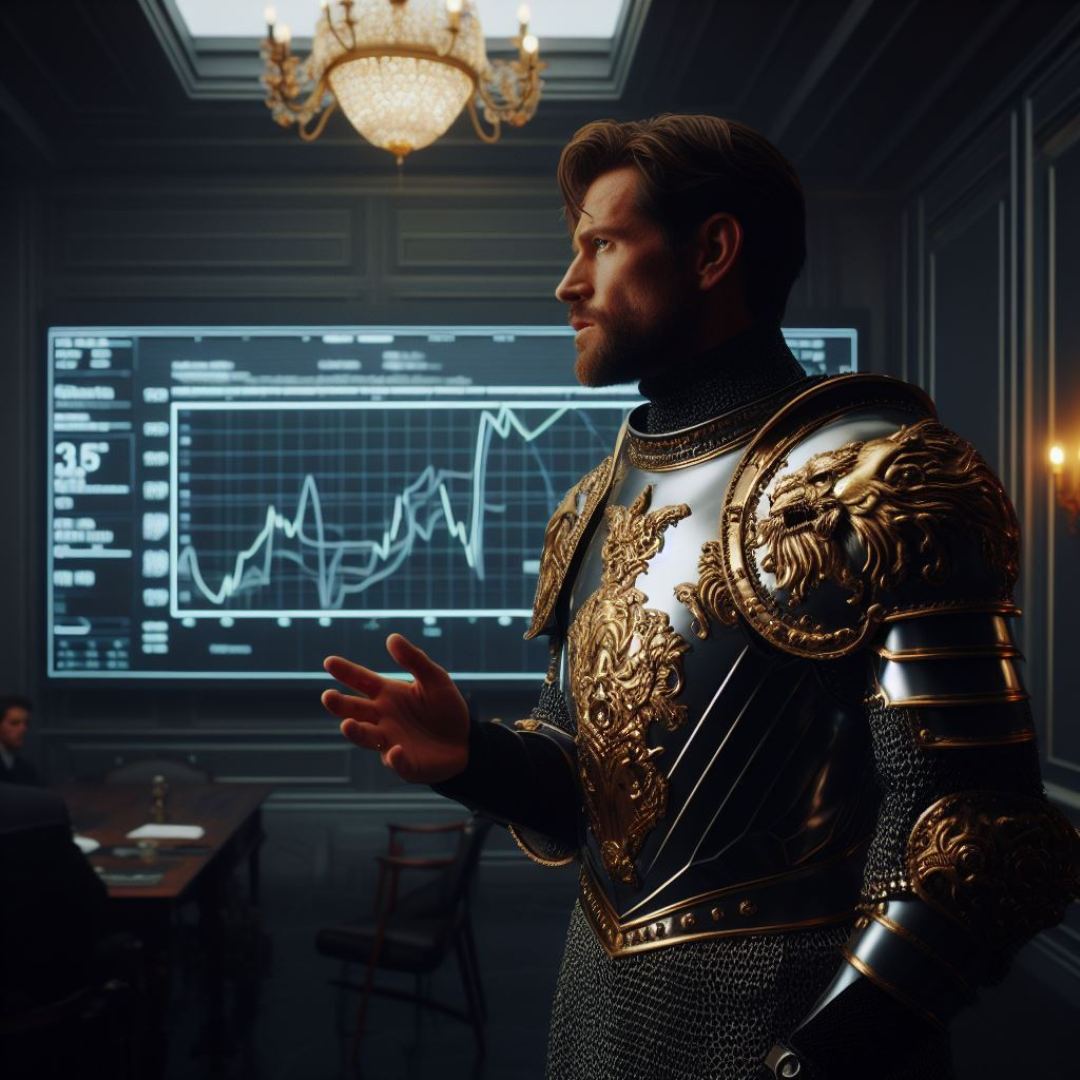In recent times, Tesla CEO Elon Musk has emerged as a vocal proponent of free speech, navigating a landscape fraught with challenges to open expression and dissenting opinions. This article aims to delve into Musk’s endeavors to salvage free speech, exploring the complexities of the modern discourse and the crucial role he plays in defending this fundamental democratic principle.
The Power of a Platform: Elon Musk, a maverick entrepreneur known for his ventures in the tech and space industries, wields immense influence through his various platforms, including Twitter. Musk’s robust engagement with this social media giant has not only elevated his personal brand but has also positioned him as a key figure in the ongoing conversation about free speech in the digital age.
Championing Dissent: One of Musk’s notable actions in defense of free speech is his commitment to allowing diverse opinions on his platforms. While other tech giants grapple with content moderation and filtering, Musk has taken a different approach by championing dissenting voices and fostering an environment where diverse viewpoints can coexist. This commitment reflects Musk’s belief in the power of open discourse and the importance of hearing perspectives, even those that may challenge prevailing narratives.
Navigating Controversy: Elon Musk’s willingness to engage with controversial topics and personalities has sparked both praise and criticism. His unfiltered approach to communication, while sometimes provocative, underscores the need for robust and uninhibited conversations in the public sphere. Musk’s refusal to conform to conventional norms of corporate communication has positioned him as a symbol of resistance against the growing trend of silencing dissenting voices.
Addressing Big Tech Influence: As concerns about the concentration of power in big tech companies grow, Musk’s stance on free speech serves as a counterpoint to the broader discourse. He has openly criticized the influence of tech conglomerates in shaping public narratives and has advocated for a more decentralized approach to information dissemination. Musk’s skepticism of centralized control aligns with the ethos of free speech, emphasizing the importance of a diverse and decentralized media landscape.
Navigating Challenges: While Musk’s defense of free speech has garnered support from those who value open discourse, it has not been without its challenges. The nuanced nature of online conversations and the potential for misinformation to spread raise legitimate concerns. Musk, however, maintains that the solution lies in empowering individuals to critically evaluate information rather than resorting to top-down censorship.
Conclusion: Elon Musk’s commitment to salvaging free speech in the digital age is a bold stance that resonates with those who believe in the importance of open discourse. As technology continues to shape the way we communicate, Musk’s unapologetic approach challenges the status quo and prompts important conversations about the future of free speech in an increasingly interconnected world. Whether one agrees or disagrees with Musk, his influence underscores the ongoing struggle to balance the principles of free speech with the responsibilities that come with it in the 21st century.
Shayne Heffernan









